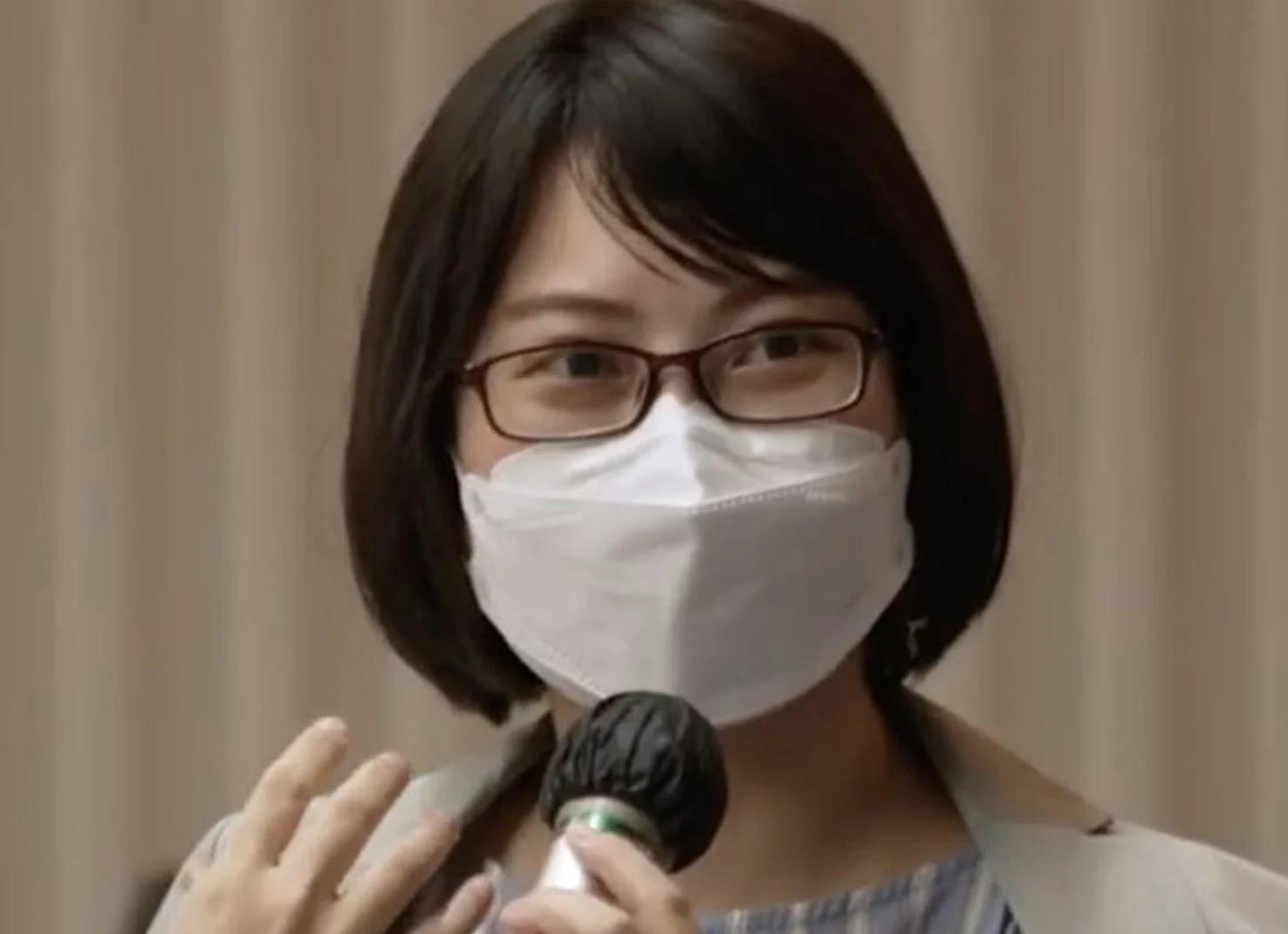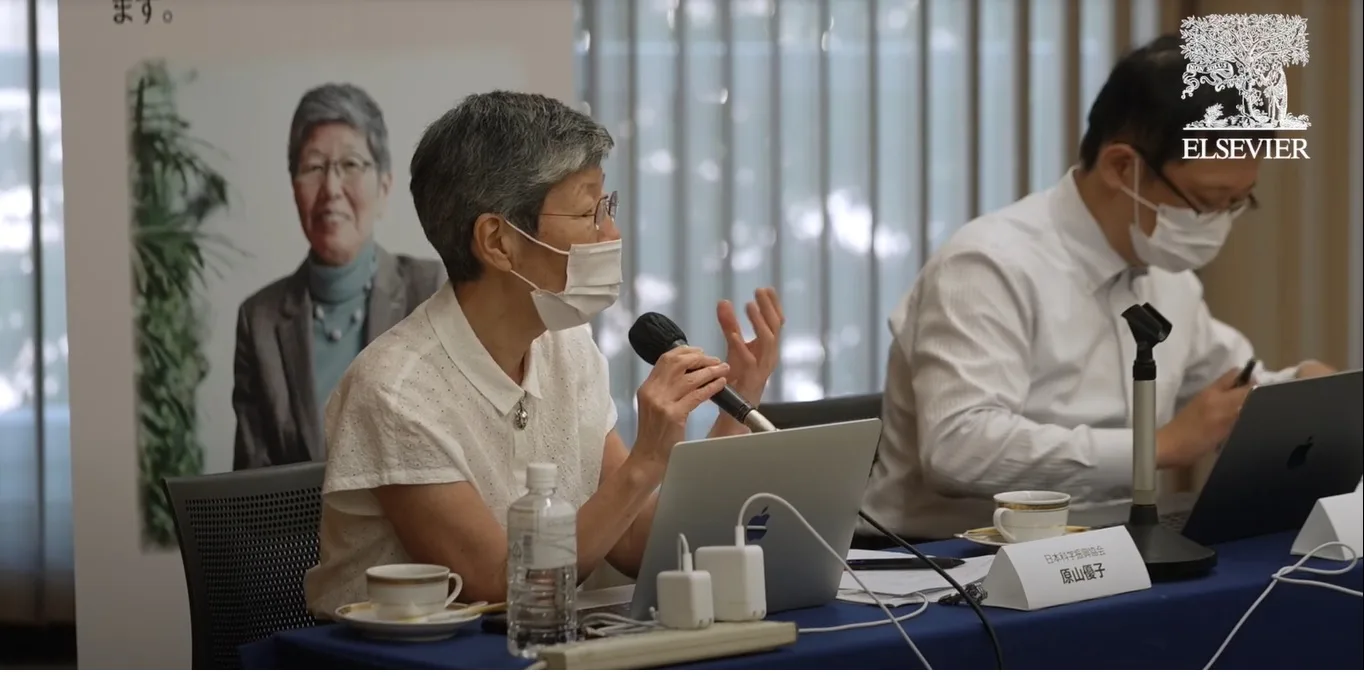
Confidence in Research: Japan roundtable
The Confidence in Research: Japan roundtable addressed the challenges of maintaining trust in science and effectively communicating research in a polarized environment.
Key points:
Trust in science: Science remains the most reliable system for generating knowledge, but maintaining public trust is critical.
Communication challenges: Researchers face online criticism, especially in the humanities and social sciences, exacerbated by the pandemic.
Bridging gaps: Discrepancies between expert opinions and public perceptions highlight the need for better communication and trust-building.
The bottom line: Researchers must take the lead in fostering trust and bridging the gap between science, policymakers, and the public.
Confidence in Research: Japan roundtable

Watch now
|
Confidence in Research: Japan roundtable
Video transcript
Osamu Sakura, Professor of Interfaculty Initiative in Information Studies, University of Tokyo; PI or RIKEN Center for Advanced Intelligence Project (AIP), Japan: "Science is a system or method for producing reliable knowledge. There are various systems for generating knowledge, but the scientific system, supported by experts, is currently the most reliable and superior method. There is no alternative, which is why we must ensure its integrity. A decline in confidence in science is a significant issue for humanity as a whole."
Sayaka Oki, Professor, University of Tokyo: "The term 'confidence' itself implies that it is not something guaranteed but rather something to strive for. In social research, we often have to present findings that contradict people's intuition, which naturally invites opposition. Compared to natural science researchers, social scientists are more accustomed to dealing with conflict. Over time, it becomes clear which perspective is more appropriate, and some answers emerge. This is the mindset with which we conduct research.
"I feel that the environment for online discussions has deteriorated, especially for researchers in the humanities and social sciences in the Japanese-speaking world. There is some research indicating that scholars who express liberal values, women, or those of foreign nationality are particularly vulnerable to online criticism. This phenomenon seems to have intensified since the COVID-19 pandemic."
Osamu Sakura: "It is a very timely issue, as the pandemic has highlighted the tension between expert opinions, political narratives, and public perceptions. A similar situation occurred during the 2011 Great East Japan Earthquake and the nuclear accident, where there was a significant gap between expert assessments of radiation risks and public perceptions.
"When it comes to risk, there are discrepancies between what experts, manufacturers, and government officials say and how the public perceives it. At the core of this is the question of trust—how much trust can we place in each other? This is a universal and enduring issue in the relationship between science, technology, and society."
Sayaka Oki: "As researchers, we publish findings with a certain level of confidence. Communicating these findings to policymakers and experts is challenging, but if we don't speak up, who will? We must take the initiative to communicate, and I feel strongly that we need more opportunities to do so."
Explore the discussion further
The Japanese Association for the Advancement of Science (JAAS) and Elsevier met with policymakers to discuss boosting confidence in research.
Read the 6 key insights from Japan’s Confidence in Research roundtable